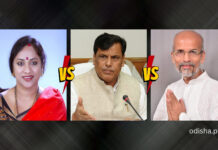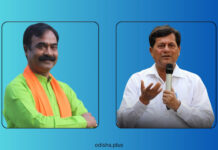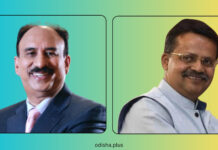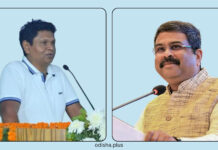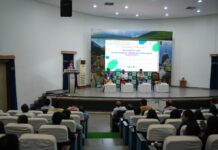A weekly column on human psychology, youth & leadership with Dr. Debilal Mishra
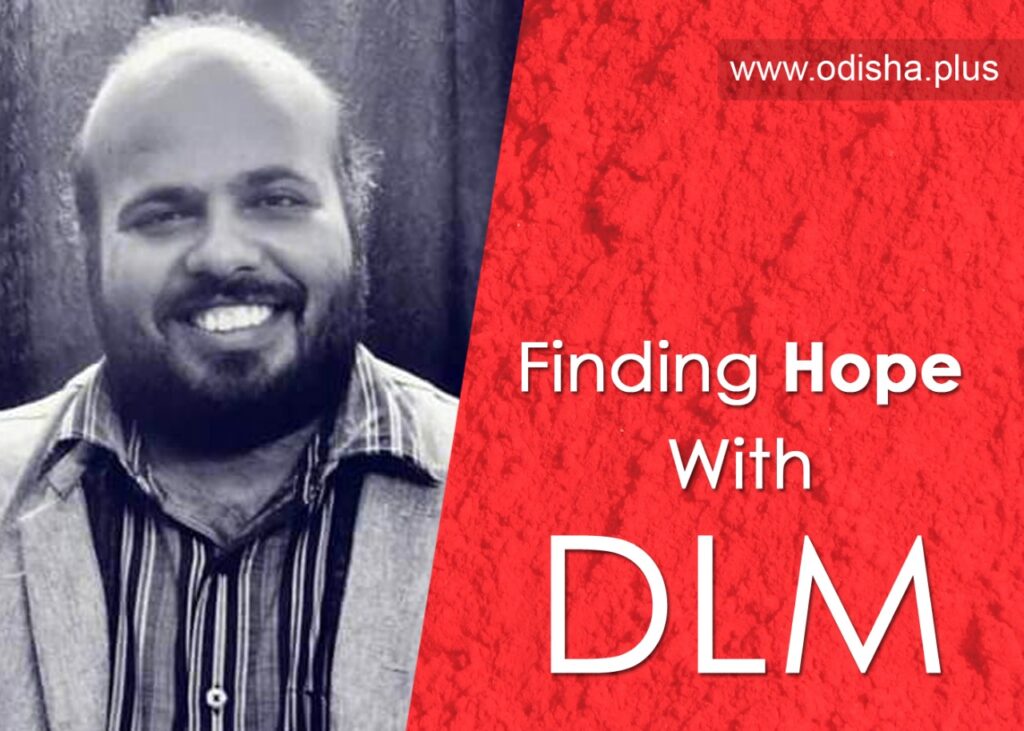
What are the challenges before the teachers in the present time?
A teacher’s job is always challenging; the current pandemic-struck situations have further intensified it though. There are basically three sets of challenges before a teacher: Behavioural, Infrastructural and Ideological. The behavioural challenges comprise the dynamics of the relationship with the students, colleagues and authorities. There are situations in which the mental, emotional and moral strengths of a teacher are tested. If a teacher is not having behavioural stability, he or she can’t exert a desirable influence on the students; nor can they create an atmosphere conducive to effective learning.
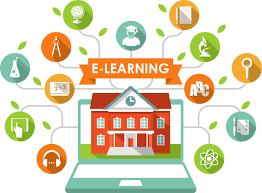
Infrastructural challenges have to do with teaching and learning equipment, access to technology, technological competency and available scope for exposure and meaningful activities. Ideological challenges basically result from the gap between what a teacher believes and what he or she feels. Excessive unwanted external interference and internal value-crisis together pose stronger ideological challenges before a teacher.
How can a teacher overcome these challenges?
A teacher needs to learn constantly. He or she needs to improve upon themselves every moment by way of purpose, passion, patience and perseverance. We need to remember that being a teacher is not everyone’s cup of tea. It takes a great degree of Self-control, Self-exploration, Self-belief and Self-motivation. Therefore a teacher has to work on their mental skills that involve managing emotions, ego and temperament as central to a better self-management. Simply put, it takes a lot of character to be a teacher.
How can an ideal teacher character be created?
Usually there are two types of teachers: teachers by Choice and teachers by Chance. Those who are teachers by choice can make greater sacrifices as far as the goals are concerned; whereas those who are teachers by chance are concerned with narrow interests centred around personal comforts and benefits. The former believes in the achievements of the students and the larger social good, and the latter grows with qualities common to any profession.
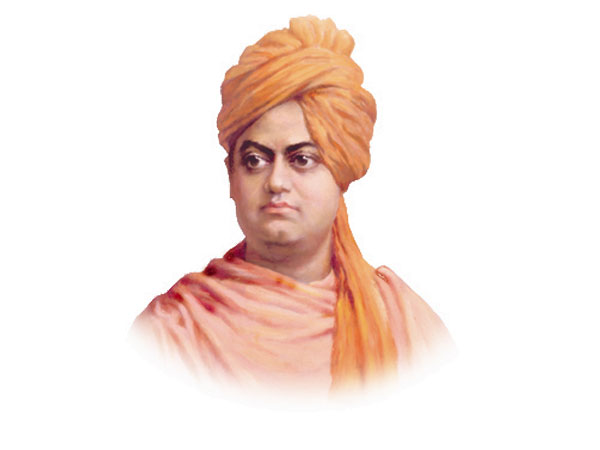
A teacher’s character is built on love, empathy, conviction, realization, effort, values and a greater degree of self-control. Just as Swami Vivekananda has said: the teacher must not only possess the knowledge he is to transmit to the student, but he must also know how to transmit it. The only true teacher is he who can immediately come down to the level of the student, and transfer his soul to the student’s soul and see through the student’s eyes and hear through His ears and understand through his mind. Such a teacher can really teach and none else can.
What are your ideas of a great teacher?
A great teacher understands and inspires! More importantly, they love the efforts replete with learning and connectivity. The students respect a teacher only when they find in them an example of excellence. A teacher must act to be a role model for their students. Discovering their strengths and weaknesses is a prerequisite for this.
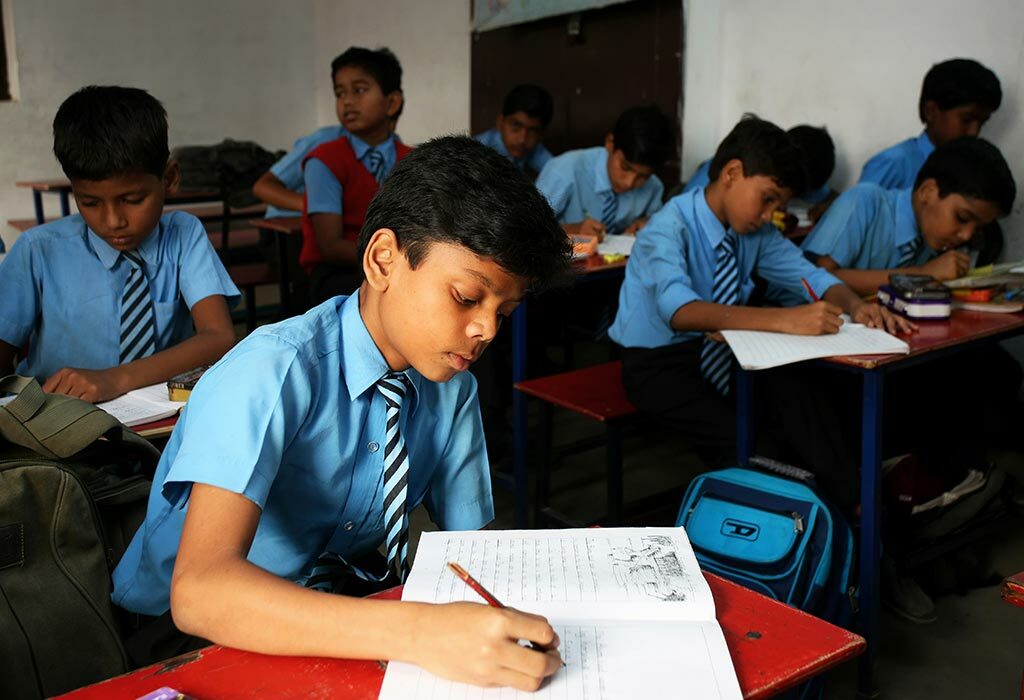
According to Scott Hayden, ‘teachers have three loves: love of learning, love of learners, and the love of bringing the first two loves together.’ A teacher needs to create a greater influence on the strength of an inspiring personality. That way a teacher can make a difference in someone’s life. Just as Sidney Hook has put it: everyone who remembers his own education remembers teachers, not methods and techniques. The teacher is the heart of the educational system.
(Dr. Debilal Mishra is a communication specialist currently working at Ravenshaw University, Cuttack, Odisha as Assistant Prof., Dept. of Journalism and Mass Communication)

